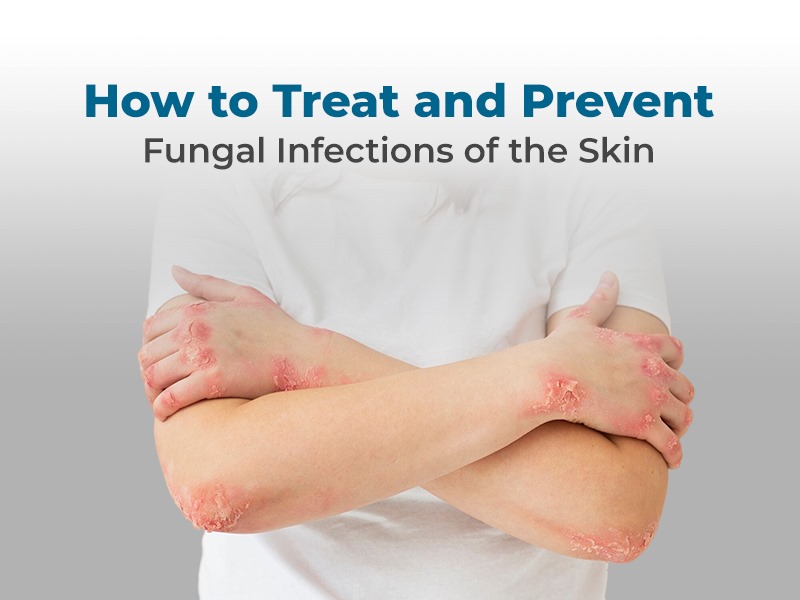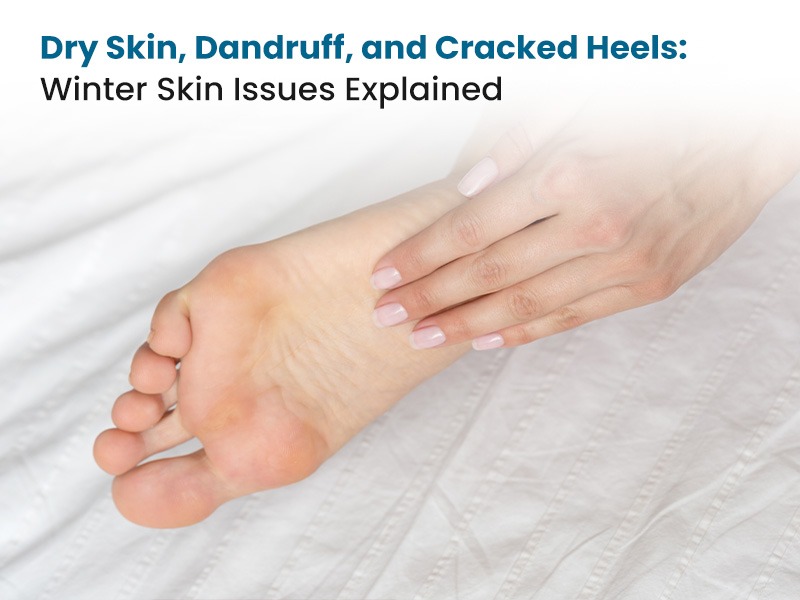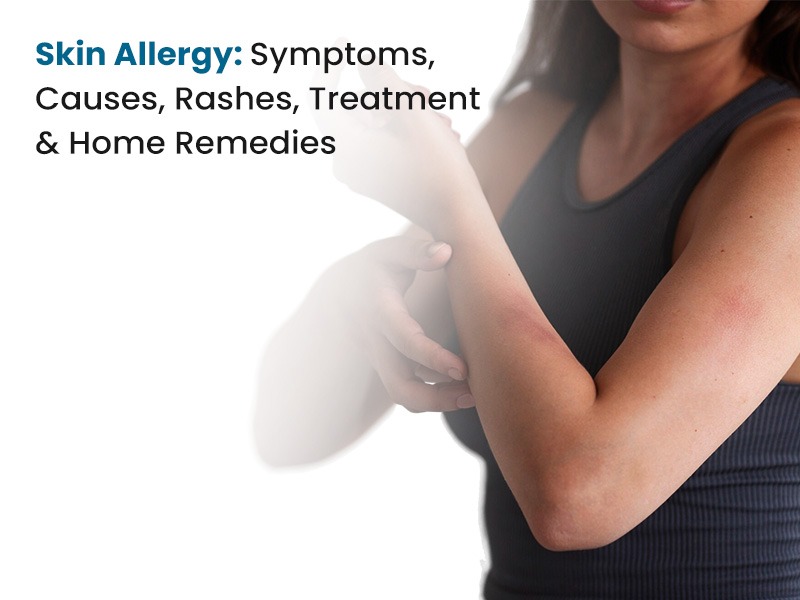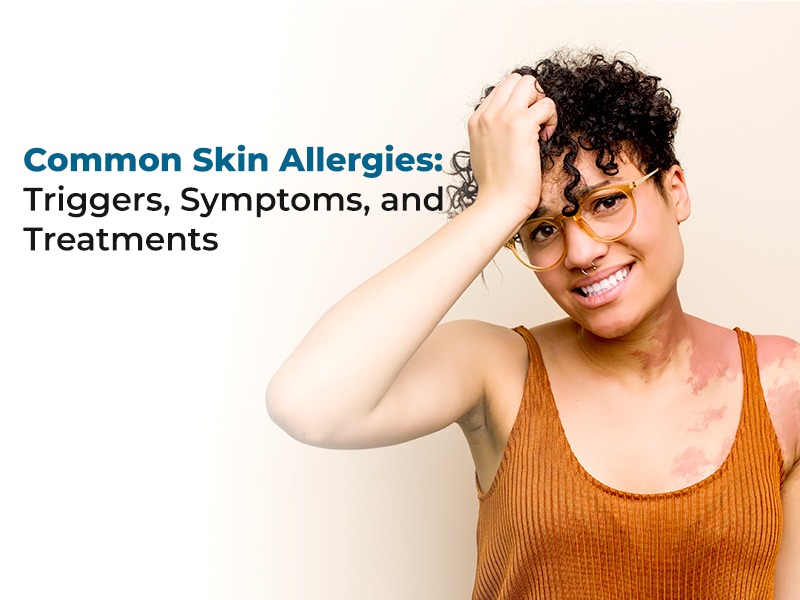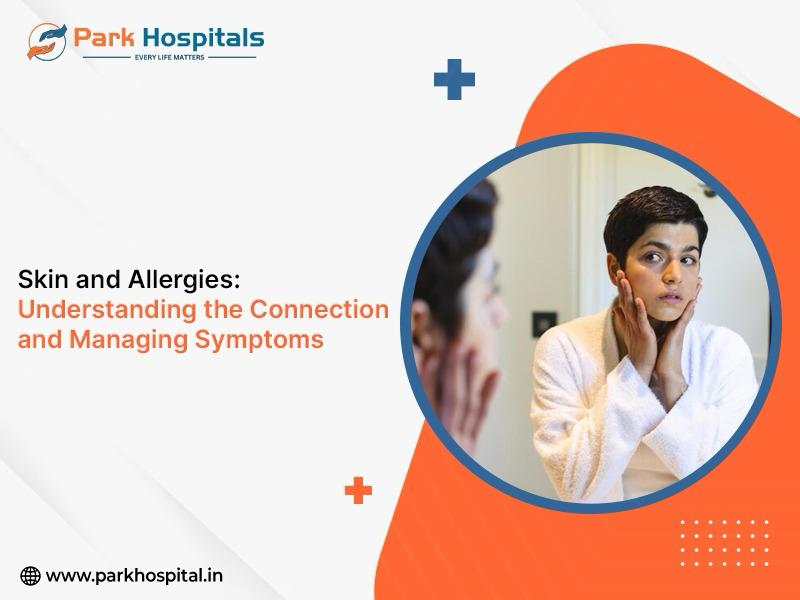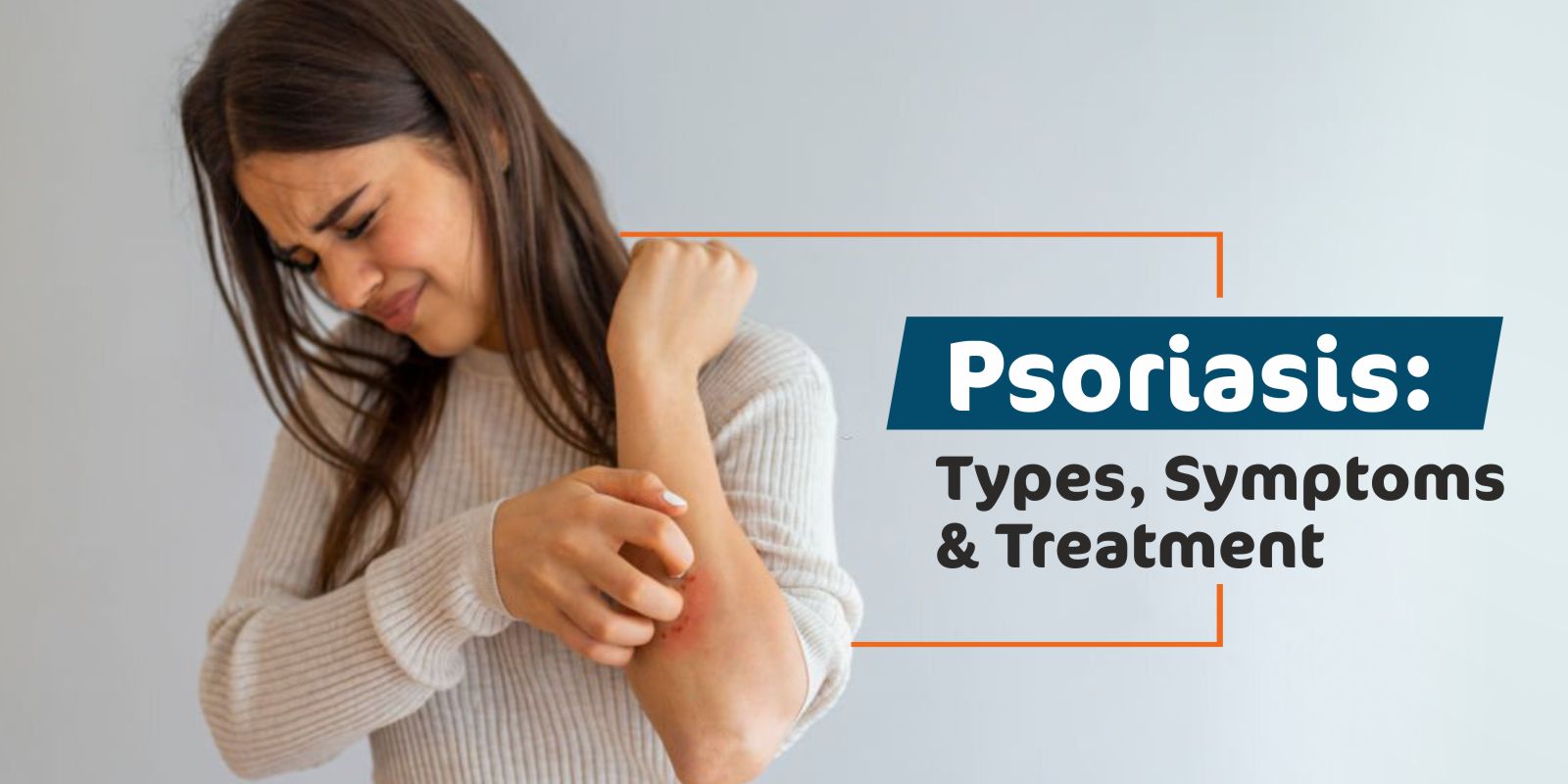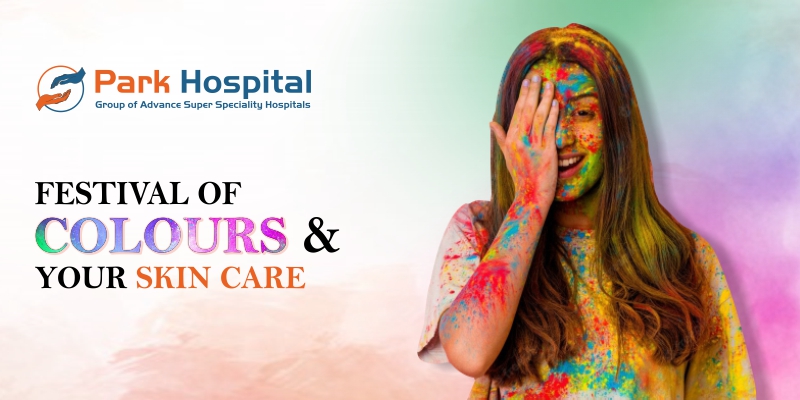Introduction
Fungal infection is a skin condition due to several factors, such as moisture buildup. Fungal infections are caused by different types of fungi, including dermatophytes, yeasts, and molds. Its significant symptoms include itching, irritation, redness, rashes, blisters, and skin discolouration. Skin specialist hospital in delhi can help you navigate your journey towards recovery through a holistic approach of the proper guidance and apt medications.
Understanding the Underlying Causes of Fungal Infections of the Skin
A comprehensive understanding of the critical cases of fungal infection is fundamental as this knowledge will further help you take necessary steps to prevent it from recurring. Following are some of the key factors that cause fungal infections:
1. Moisture and Humidity: Moisture and humidity are the perfect environment for brewing fungi. Damp spaces are one of the most significant root causes of fungal infections. Excessive sweating or wearing damp shoes for a very long period can lead to severe fungal infections. Hence, keeping your body dry and clean is crucial to avoid any type of infection formation.
2. Poor Hygiene: Lack of proper hygiene can be a concerning cause of fungal infections. Inadequate amounts of time spent in self-care routine, along with wearing the same clothes and shoes without adequate washing, can be extremely harmful and provide a safe space for fungi to grow and spread. Hence, skin doctors in Delhi advise maintaining proper hygiene.
3. Direct Contact with Infected Surfaces: If you come in contact with a contaminated surface, the infections might get transmitted to you. This consists of walking barefoot in communal areas as they have the highest chance of transmitting diseases, especially if the surfaces are not regularly cleaned or sanitized.
4. Close Contact with Infected Individuals or Animals: Similar to how infections can be transferred through contaminated surfaces, they can also spread through infected people and animals. Sharing your personal items like towels or shaving razors can also play a massive part in transmitting fungal infections.
Effective Treatments to Combat Fungal Infections
It is quintessential to take the right initiatives that help alleviate the pain and discomforts of fungal infections. Here are some of the few proactive measures you can follow in order to get rid of your fungal infection:
1. Strengthen Your Immune System: One of the major initiatives you can take to prevent the struggles and formation of fungal infections is to strengthen your immune system. Your body struggles to fight off fungus, which causes bacteria when it lacks strength. Hence, as per Skin specialist hospital in delhi, it is vital to build immunity by incorporating a healthy and nutritious diet into your lifestyle.
2. Practice Good Hygiene Habits: Along with boosting your immune system, it is also essential to include good hygiene in your daily routine. If you are prone to athlete’s foot or any other similar fungal infection, it is suggested to wear breathable shoes as they help avoid moisture buildup on the skin.
3. Antifungal Creams and Ointments: Creams and ointments that further help alleviate any fungal reactions can be extremely helpful in recovery. Visiting Skin doctors in delhi can help you with the proper guidance and advice to effectively manage the symptoms of fungal infections. Apply the prescribed medications to the affected area until the infection clears up.
4. Educate Yourself and Others: Attaining knowledge about the underlying causes of fungal infections and spreading it to more people can empower individuals to take necessary steps to prevent the severity of the condition. This can benefit several people who are unaware of the preventive measures but struggle with similar problems of fungal infections.
Comprehensive Overview of Preventive Strategies to Mitigate the Risk of Fungal Infections of the Skin
Effectively treating and preventing fungal skin infections requires a comprehensive approach that combines appropriate medical treatments with proactive preventive measures. Adopting these strategies not only helps in addressing existing infections but also plays a crucial role in preventing future occurrences, ultimately leading to healthier skin and improved overall well-being.
Park Hospital is committed to providing a comprehensive and holistic approach to patient care, ensuring that every aspect of recovery is addressed with the utmost attention and expertise. This comprehensive care model focuses on treating immediate health concerns and supports long-term wellness and quality of life.

